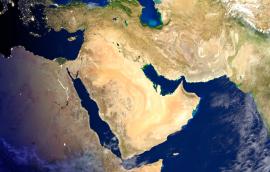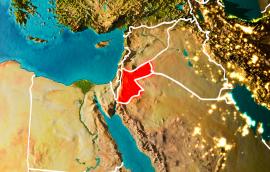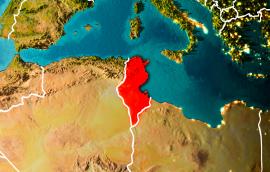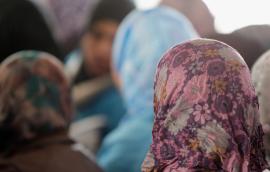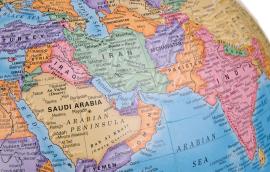Confronting the Governance Crisis in the Middle East and North Africa: Toward Establishing Inclusive and Pluralistic States Post-Arab Spring
This brief sets out some of the major structural reforms to taxes, subsidies, and debt issuance in the GCC that are shifting financial burdens from the state to its citizens and residents.
Karen E. Young September 6, 2018
